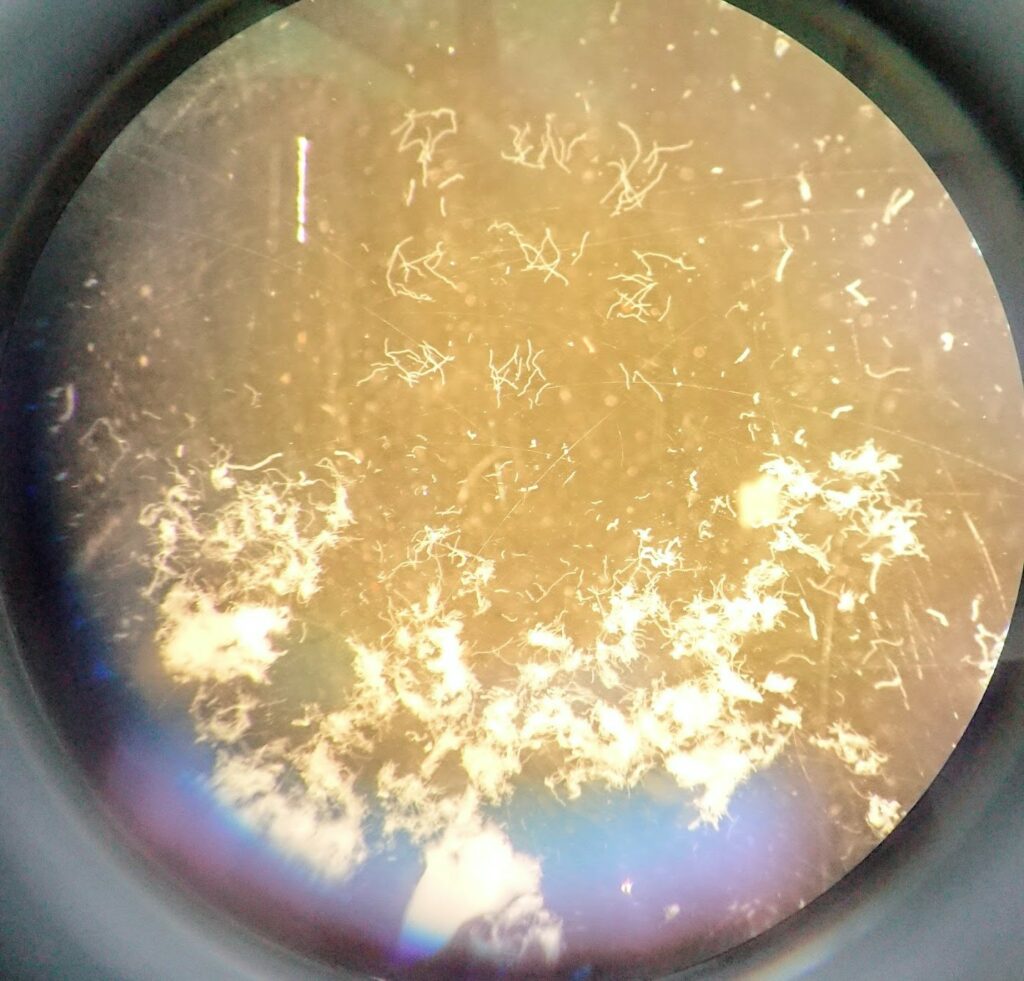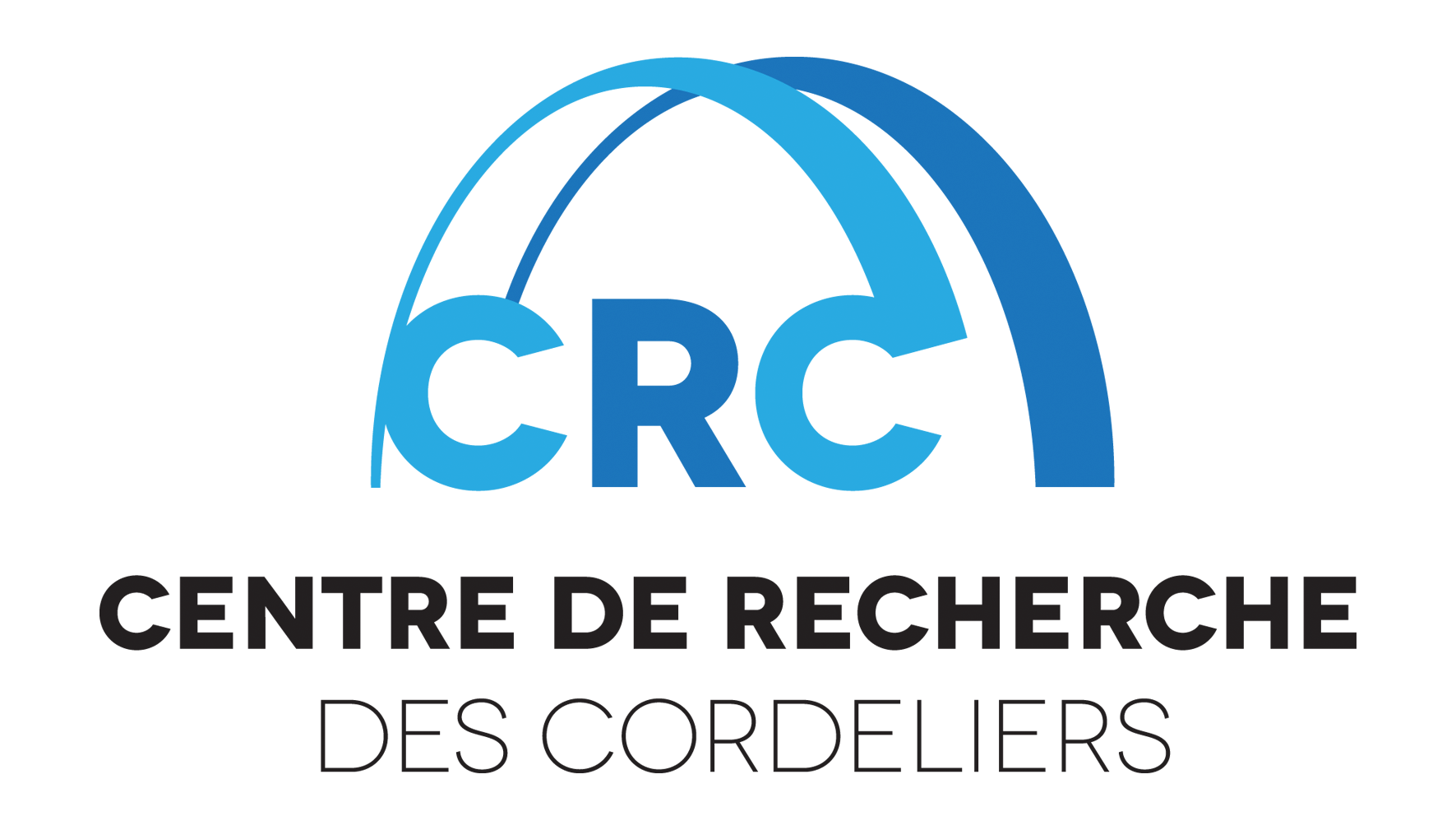More information
The kidney matches urinary excretion to the daily intake of water and nutrients. Homeostatic perturbations may occur due to kidney dysfunctions (tubulopathies) or be secondary to systemic disorders (metabolic syndrome, diabetes …) or to the side effects of drugs. They are responsible for a number of renal and extrarenal sequelæ (stone disease and/or nephrocalcinosis, hypertension and cardio-vascular events, life-threatening plasma ionic disorders). Our project focuses:
- 1/ on the renal mechanisms that maintain ion (Na+,Cl-, K+, Ca2+ and Mg2+) and water homeostasis. Thus, we develop research projects that concern trans- and paracellular pathways that aim at identifying and characterizing novel transporters and regulatory pathways all along the renal tubule
- 2/ on related human disorders associated to these processes. Mainly tubulopathies of genetic origin like Bartter, Gitelman and Dent syndromes but also of exogenous origin like pharmacological treatments (lithium etc…).
- 3/ on the development of technologies needed to investigate these processes. We have developed a technical platform (available for internal or external collaborations upon request) that allows us to completely establish the renal phenotype of mice and rats, including dissection of tubular segments for qPCR, WB or IF and microperfusion.
For more information regarding our lab, you can visit our Facebook page: https://www.facebook.com/Transport.Ionique.Renal/ and follow us on Twitter @et_rein





